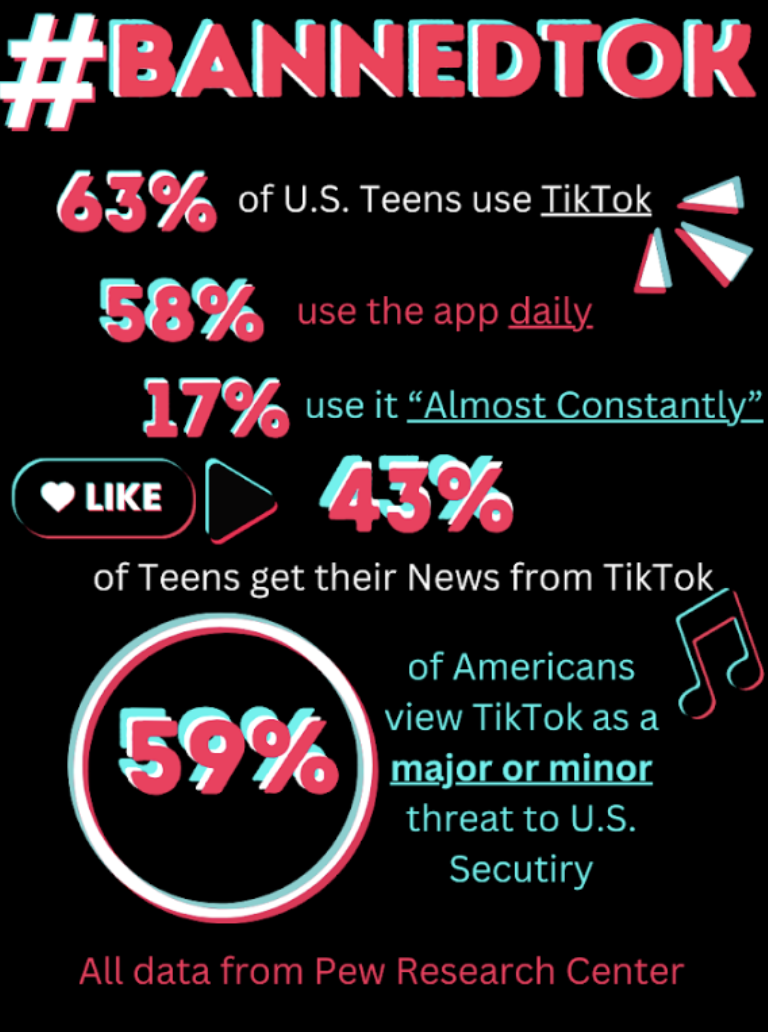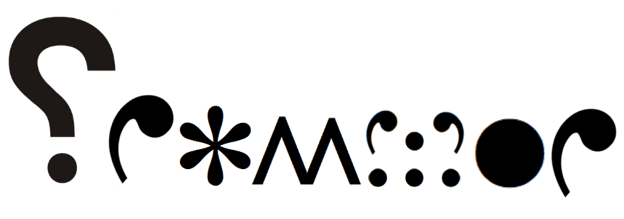Defending the dangling modifiers
It is the end of the world. The sun has burnt out and the sky has turned into a sheet of heavy, blackened doom. Governments have been overthrown and anarchy has taken over. Humankind has descended into chaos.
Someone used the wrong “you’re.”
…Nauseating, isn’t it?
Don’t get me wrong. I love the English language and fervently enjoy my AP Language class’s discussions on litotes, mondegreens and cumulative sentences. It’s fascinating to talk about how communication is organized and the meaning that is built through structure— whether grammatical or rhetorical.
What is being said and how it is being said is a discussion always worth my time.
But a lot of the time, inconsequential rules about homophones and subject-noun agreement are being hailed as unquestionable law, and the penalty for honest mistakes is death.
Or not death.
Just a condescending correction, and a “Teenagers these days don’t know how to speak” tirade.
And in the process, whatever the person was talking about in the first place is bogged down by waves of purposeless corrections, even if there (okay, fine: their) argument is actually interesting to think about.
Yeah, 15 page research papers should be professional. Check your plurals and possessives. Don’t sever two clauses with the violence of a comma splice.
But instant messaging on Facebook is a different context, and the way we communicate is different.
So please, put down your pitchforks, and stop with the asterisk-licked corrections.
Linguistic prescriptivism and descriptivism are two forms of this argument. The former is a soldier-rigid perspective. Prescriptivist linguistics is holding one speaking style above all others. For example, using standard grammar and multisyllabic (right click: thesaurus) vocab.
Descriptivism is much more loose. It’s based off everyday speech, not about concepts about right and wrong, or the “proper” way of speaking. Slang terms like “Yolo” or “Lol” are considered as valid as any other English word.
Remember, everything in the English language is made up. Humans made “twerk” the same way we invented comma rules. Descriptive linguistics says everyday, community-based language is just another dialect. The same as writing “colour” instead of “color.”
It’s not wrong, just different.
Maybe this column itself is as inconsequential as the “Grammar Nazi” corrections I hate so much. But after all, the way we treat language, whether we perceive it as fluid or as rigid, affects how we treat others. Preconceived notions of the right and wrong way of speaking might bar us from appreciating other people’s ideas.
So think before you speak.














































